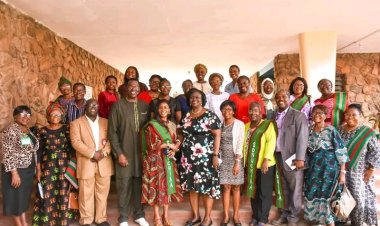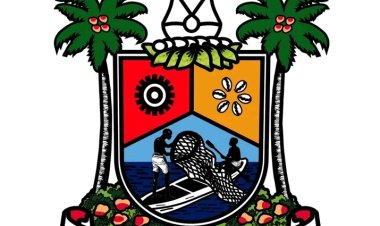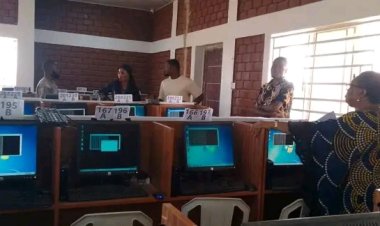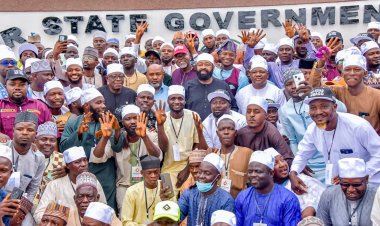Many Educators Struggle with Technology Adoption, Says NOUN Professor
A professor at the National Open University of Nigeria (NOUN), Samuel Ogunwale Ogundiran, addressed the challenges faced by educators in Nigeria regarding technology adoption during his 28th Inaugural Lecture titled "Educational Administration and Technology: A Marriage of Inconvenience."
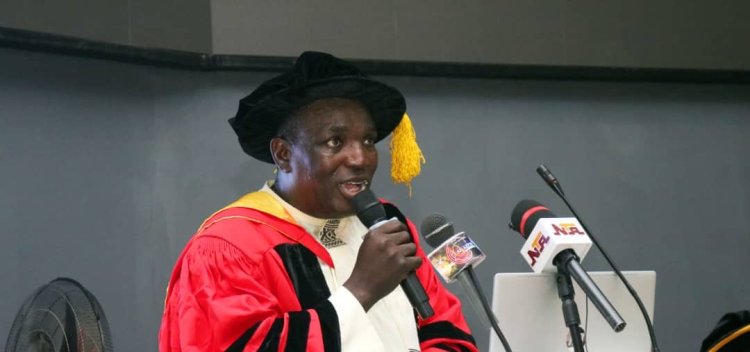
A professor at the National Open University of Nigeria (NOUN), Samuel Ogunwale Ogundiran, has highlighted the ongoing challenges faced by educators in Nigeria regarding the adoption of technology in education. During the 28th Inaugural Lecture held at NOUN's Abuja headquarters, titled "Educational Administration and Technology: A Marriage of Inconvenience," Ogundiran pointed out that many school administrators and educators continue to struggle with transitioning from traditional teaching methods to technology-driven solutions.
Ogundiran noted that despite the availability of technological tools such as laptops and digital learning resources, significant barriers persist. These include inadequate training, unreliable electricity, and poor internet connectivity, which hinder effective technology integration in educational practices.
In a statement from Ibrahim Sheme, Director of Media and Publicity at NOUN, Ogundiran shared his personal experience of moving from basic computer skills to effectively utilizing technology in his professional life. He emphasized that not all educators have had similar opportunities and many remain dependent on outdated teaching methods due to insufficient support and resources.
The professor urged educational institutions to prioritize technological training for staff, equipping educators with essential skills needed to thrive in a rapidly evolving educational landscape. He discussed the potential benefits of technology in educational administration while acknowledging the systemic challenges that can obstruct its full potential.
Ogundiran stated, "While technology theoretically enhances educational administration, existing deficiencies within the system can exacerbate challenges instead of delivering the anticipated advantages." He recommended actionable steps for improving technology adoption, including infrastructure upgrades, enhanced training programs, and financial incentives for educators. He called on policymakers to address the "marriage of inconvenience" between education and technology, emphasizing the necessity for comprehensive support to empower educators and administrators in effectively leveraging technology in classrooms.
NOUN Vice-Chancellor, Prof. Olufemi Peters, highlighted the importance of the inaugural lecture as a reflection of academic achievement and commended Ogundiran for his contributions to education. He recognized the significance of such events in celebrating scholarly accomplishments and inspiring future generations of students.
Deputy Vice-Chancellor, Academic, Prof. Chiedu Mafiana, expressed gratitude for Ogundiran's dedication and thanked attendees for their participation.
This critical dialogue underscores the need for concerted efforts to bridge the gap between educational practices and technological advancements, ultimately enhancing the learning experience for Nigerian students.

 Chris Oyeoku Okafor
Chris Oyeoku Okafor 